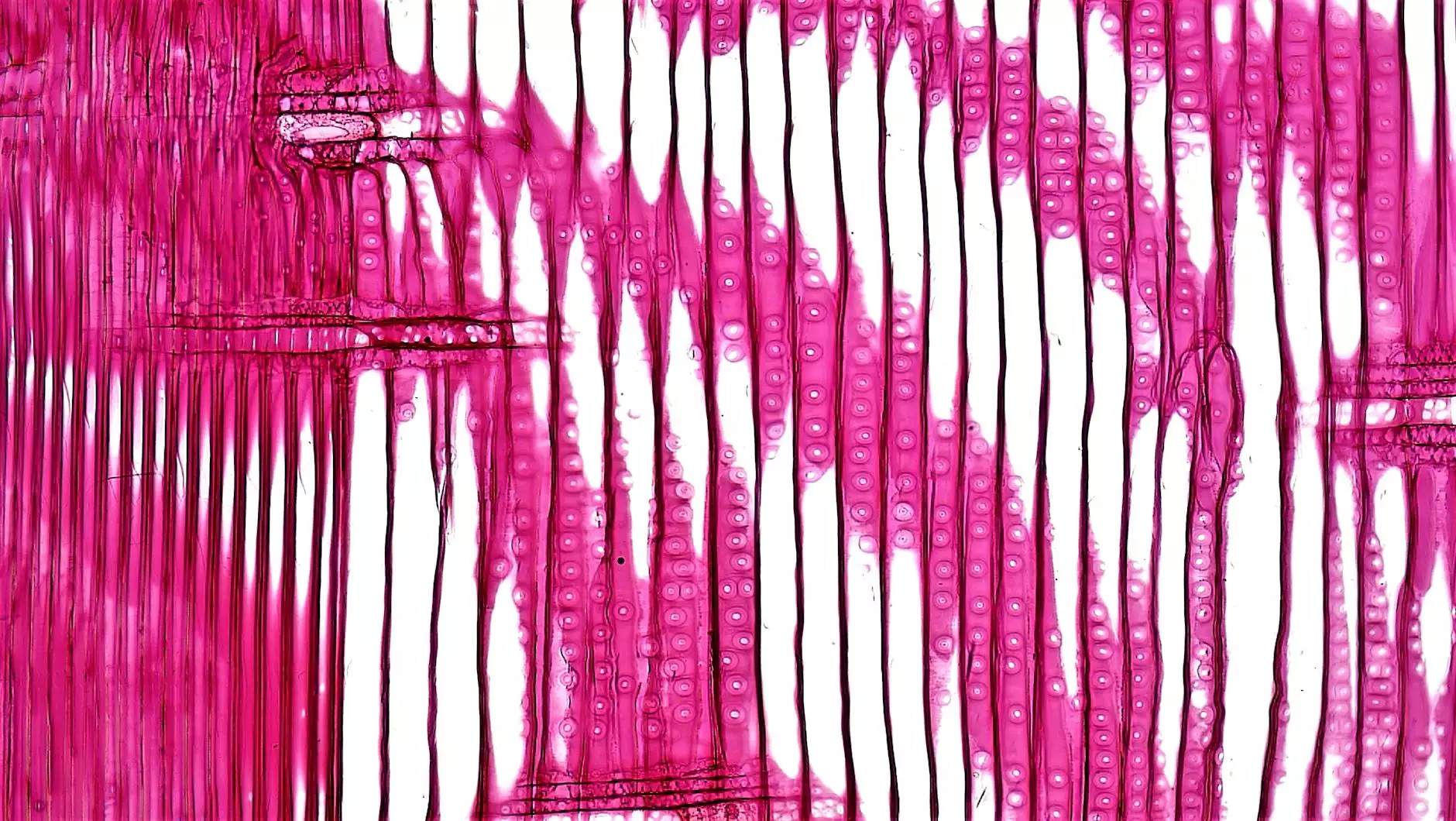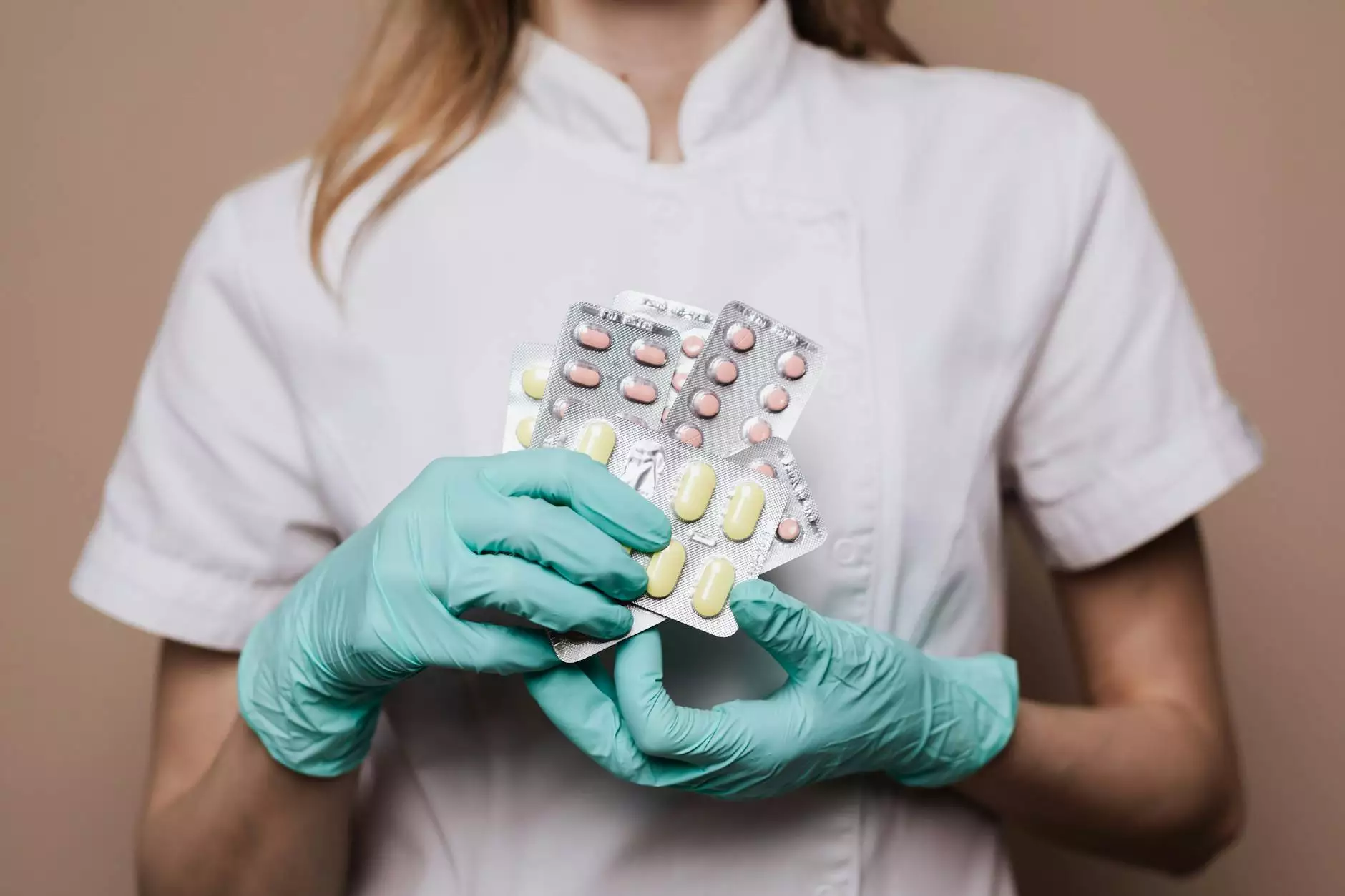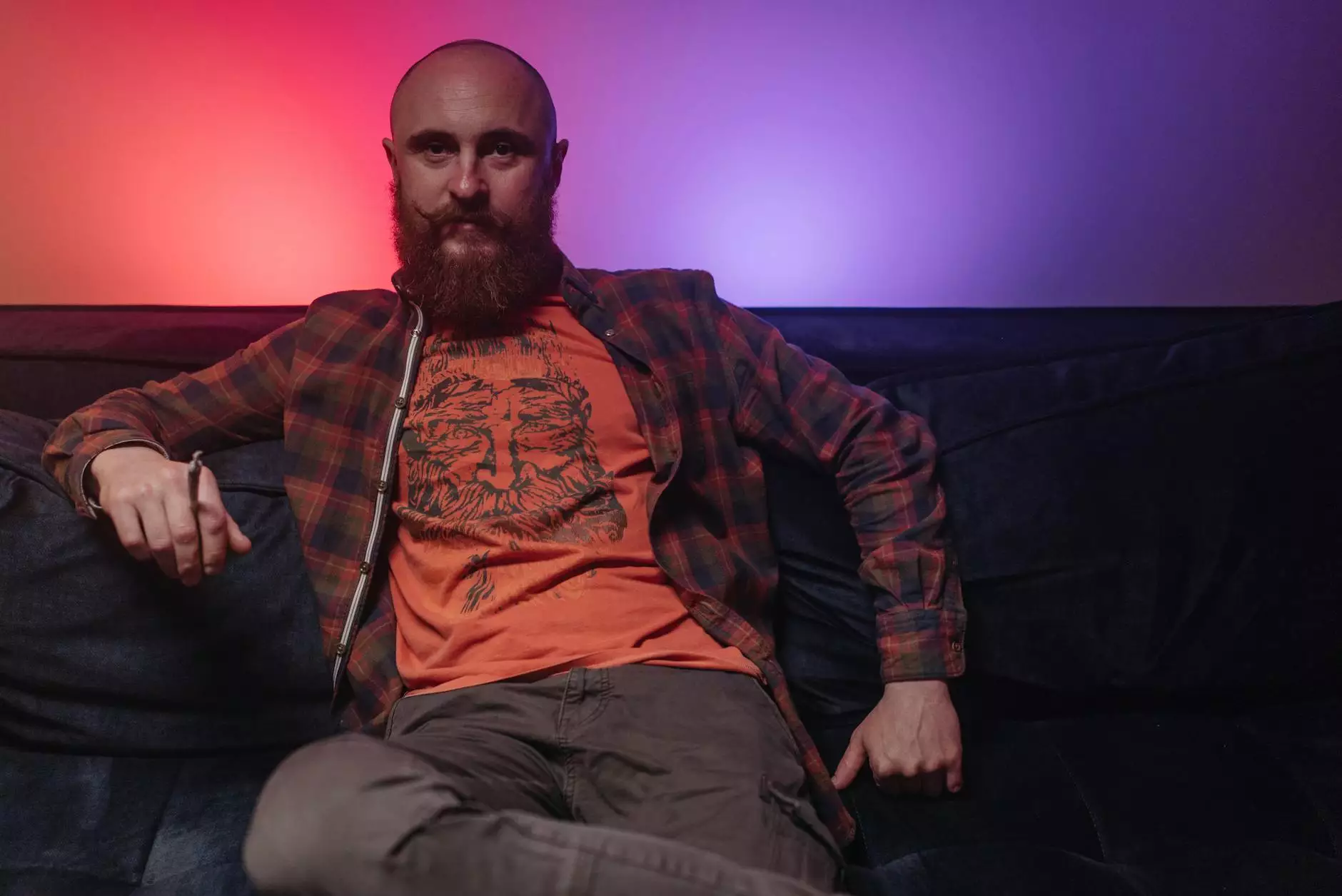Understanding the Role of a Vascular Vein Doctor

The complex network of veins plays a vital role in our circulatory system, ensuring that blood is efficiently transported throughout the body. When issues arise within this system, it becomes crucial to consult a vascular vein doctor. This article delves deep into the multifaceted responsibilities of vascular vein specialists, their significance in healthcare, and the various treatments they provide.
What is a Vascular Vein Doctor?
A vascular vein doctor, often referred to as a phlebologist or vascular specialist, focuses on diagnosing and treating conditions that affect veins. This can include diseases like chronic venous insufficiency, varicose veins, and blood clots. Their expertise extends to performing advanced diagnostic procedures and minimally invasive treatments.
The Importance of Vascular Health
Maintaining vascular health is integral to overall well-being. Poor vein health can lead to several complications, including:
- Varicose Veins: Enlarged, twisted veins often leading to discomfort.
- Chronic Venous Insufficiency: A condition where veins cannot pump enough blood back to the heart.
- Deep Vein Thrombosis (DVT): A serious condition characterized by blood clots that can lead to life-threatening complications.
- Leg Ulcers: Slow-healing wounds that can develop due to poor circulation.
Conditions Treated by a Vascular Vein Doctor
Vascular vein doctors specialize in various vein-related conditions. Here are some of the most common issues they treat:
1. Varicose Veins
Varicose veins are swollen, twisted veins that present a variety of symptoms, including pain, aching, and swelling in the affected areas. Treatment options may include lifestyle changes, compression stockings, and minimally invasive procedures like sclerotherapy and endovenous laser therapy (EVLT).
2. Chronic Venous Insufficiency
This condition occurs when the veins cannot adequately return blood from the legs to the heart, leading to blood pooling. A vascular vein doctor may recommend lifestyle changes, medications, and surgical interventions to manage symptoms effectively.
3. Deep Vein Thrombosis (DVT)
DVT is a serious condition requiring immediate attention. It occurs when a blood clot forms in a deep vein, usually in the legs. Early diagnosis and treatment by a vascular specialist are crucial to prevent complications like pulmonary embolism.
4. Spider Veins
Spider veins are small, thin veins that often appear on the legs and face. While they pose no physical danger, many people seek treatment for cosmetic reasons. Procedures like laser therapy can effectively reduce their appearance.
5. Leg Ulcers
Chronic venous insufficiency can lead to painful leg ulcers, which require specialized care. A vascular vein doctor can develop a comprehensive treatment plan to heal these ulcers and prevent future occurrences.
Diagnostic Procedures
Accurate diagnosis is the first step toward effective treatment. Vascular vein doctors utilize a range of diagnostic tools, including:
- Ultrasound: A non-invasive method that uses sound waves to visualize blood flow and detect abnormalities.
- Venography: An imaging technique that involves injecting a contrast dye into the veins to visualize blood flow.
- CT and MRI Scans: Advanced imaging techniques that provide detailed pictures of the vascular system.
Treatment Options Offered by Vascular Vein Doctors
Vascular vein doctors offer a spectrum of treatments tailored to individual patient needs. Their goal is to not just alleviate symptoms but to address the root cause of vein conditions.
1. Lifestyle Changes and Home Remedies
In many instances, simple lifestyle changes can significantly improve vein health. Recommendations may include:
- Staying Active: Regular exercise helps enhance circulation.
- Elevating Legs: Elevating the legs can reduce swelling and discomfort.
- Wearing Compression Stockings: These can improve blood flow and alleviate symptoms.
2. Medical Therapies
For conditions like chronic venous insufficiency, medical therapies may be necessary. This can include:
- Medications: To manage pain and swelling.
- Sclerotherapy: A non-surgical treatment that involves injecting a solution into the vein, causing it to collapse and fade.
3. Minimally Invasive Procedures
For more severe vein issues, vascular specialists often use minimally invasive methods, which typically result in quicker recovery times. Options include:
- Endovenous Laser Treatment (EVLT): A technique that uses laser energy to close off problematic veins.
- Radiofrequency Ablation: This method employs radiofrequency energy to heat and close varicose veins.
- Vein Stripping: In certain cases, surgical removal of varicose veins may be necessary.
Choosing the Right Vascular Vein Doctor
Selecting the right vascular vein doctor is crucial for successful treatment. Here are some factors to consider:
- Qualifications: Ensure the doctor is board-certified and specializes in vascular medicine.
- Experience: Evaluate their experience with your specific condition and preferred treatment options.
- Patient Reviews: Look for testimonials and reviews from previous patients to gauge the level of care and outcomes.
- Technology and Facilities: A modern clinic equipped with advanced technology often provides better treatment options.
The Importance of Patient-Centered Care
Successful treatment outcomes are often linked to patient-centered care. This approach ensures that the patient’s preferences, needs, and values guide all clinical decisions. A committed vascular vein doctor takes time to explain treatment options, allowing patients to make informed choices about their health.
Future of Vascular Medicine
The field of vascular medicine is evolving rapidly, with ongoing research leading to new treatment methods and technologies. Innovations include:
- Genetic Research: Understanding genetic predispositions can lead to preventative measures for vein diseases.
- Advanced Imaging Techniques: Improving diagnostic capabilities through technologies that provide better visualization of the vascular system.
- Biologics and Regenerative Medicine: Exploring the potential of stem cells and other biological agents to enhance healing in vascular tissues.
Conclusion
In summary, a vascular vein doctor plays an essential role in maintaining the health of your vascular system. By diagnosing and treating a spectrum of vein-related conditions, they significantly improve patients' quality of life. For anyone experiencing vein issues, seeking the expertise of a dedicated vascular vein specialist is a crucial step towards better health.
At Truffles Vein Specialists, we pride ourselves on providing excellent patient care, utilizing advanced techniques and personalized treatment plans to achieve the best outcomes for our patients. Investing in your vascular health today can lead to a healthier tomorrow.









